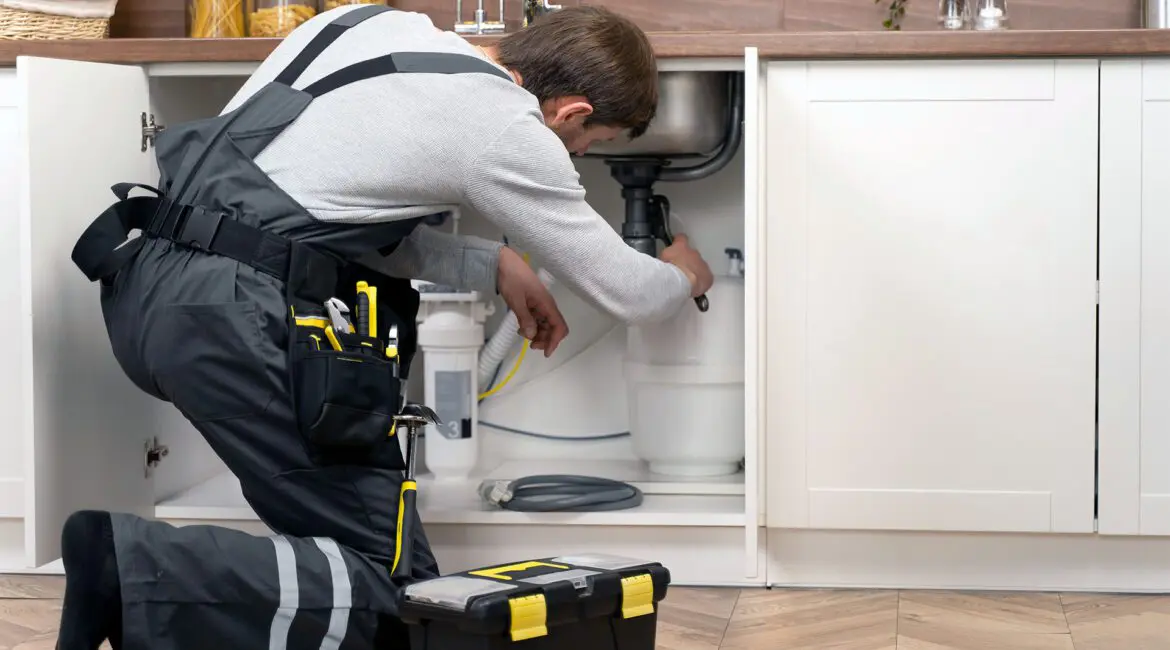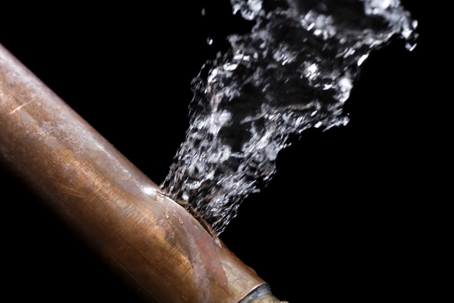Quick Solutions for Pipe Emergencies: Key Steps to Take Until A Plumber Arrives
Quick Solutions for Pipe Emergencies: Key Steps to Take Until A Plumber Arrives
Blog Article
What're your thoughts with regards to Expert Tips for Emergency Plumbing Repairs?

Pipes emergency situations can strike at any moment, triggering anxiety and possible damages to your home. Whether it's a burst pipe, a blocked drain, or a leaky tap, recognizing how to take care of the scenario till a specialist plumber arrives can conserve you from more complications. This short article offers necessary emergency situation pipes pointers to help you mitigate damages and gain back control during a pipes crisis.
Shut off the Water
The first step in any type of pipes emergency is to turn off the supply of water. For local problems, such as a dripping faucet or commode, turn off the valve near the component. In the case of a significant leak or ruptured pipe, find your home's major water shut-off valve and turn it off quickly. Knowing the area of these valves beforehand can conserve valuable time throughout an emergency.
Address Tiny Leaks with Short-lived Repairs
Small leaks can quickly end up being significant issues if left unchecked. Utilize these temporary repairs until expert assistance arrives:
While these solutions aren't long-term, they can aid lessen water loss and damage.
Unclog Drains Securely
A stopped up drain can be a discouraging and untidy issue. Below's exactly how to tackle it:
If these methods do not function, prevent using excessive pressure, as it may intensify the blockage.
Take Care Of Overflowing Toilets
An overflowing toilet can create prompt turmoil. Right here's what you must do:
Turn off Your Water Heater
In certain emergency situations, such as a ruptured pipe, it's wise to shut down your water heater. This prevents getting too hot or damage to the device when water stops streaming. Switch off the power supply to the water heater (electrical or gas) and let it cool off to avoid prospective threats.
Briefly Quit a Ruptured Pipeline
A burst pipe can cause substantial water damages in mins. To minimize the problem:
Call an expert plumbing technician right away to deal with the issue permanently.
Deal With Frozen Pipes Carefully
In cooler environments, icy pipelines are a typical emergency situation. If you presume a frozen pipeline:
Protect against Additional Damage
Taking fast action to decrease damage can save you money and time over time. Below's exactly how:
. Have an Emergency Pipes Set
Prepare a standard plumbing emergency situation kit to take care of minor problems efficiently. Your set should include:
Having these devices on hand can make a considerable difference in your capacity to take care of emergencies.
Know When to Call a Specialist.
While quick fixes can aid temporarily, specific pipes issues need prompt professional attention. Call a plumbing professional if:.
Quickly getting in touch with an expert makes certain the concern is resolved properly and stops additional problems.
Verdict.
Pipes emergencies can be overwhelming, yet with the right understanding and devices, you can manage the circumstance successfully till help arrives. By shutting off the water system, addressing small leaks, and making use of temporary fixes, you can reduce damages and maintain your home safe. Bear in mind, these pointers are temporary services; always seek advice from a qualified plumber to deal with the source of the problem. Preparation and quick thinking are your finest allies in any type of pipes emergency situation.
8 Helpful Tips for Managing Plumbing Emergencies at Home
If your plumbing system hasn’t failed once, wait for it because almost everyone has a story to tell. Sometimes, it could be simple emergencies such as a leaking pipe, a blocked cistern, or even a big burst pipe. In situations like this, you need to have some handy tips to save you some money and from possible damages.
Take care of minor issues early.
Sometimes, you could have avoided an emergency by taking proactive measures while it was still early. Some major plumbing emergencies can be a result of an ignored minor issue. We recommend that you have items like plumbing tapes and other related items. A plumbing tape can allow you to manage minor leaks before the plumber arrives.
Cut off the water supply.
This tip is essential in almost any type of leakage problem. For problems like minor leakages in the toilet or kitchen, turn off the supply that takes water to the affected pipes. If the leakage is a major pipe, you must shut off the supply valve to the entire building. This will help you avoid flooding your home and neighbors if you share a flat.
Know your plumbing system
Folks typically move into a new apartment without understanding the water supply around the building. This can prove disastrous if a water emergency arises and the plumber is far away. The previous tip will prove useless if you don’t practice this one. More importantly, know where your water shut-off valve is located – you’ll need that knowledge to prevent potential home floods.
Have some common handy tools
There are lots of plumbing emergencies that you can handle without hiring a plumber. That’s why you must keep some tools available always. Some tools that you can use to fix simple plumbing emergencies easily include plumbing tapes, screwdrivers, thread seal tapes, plungers, pliers, tape measures, and rubber gloves.
Insulate your pipes from cold
You’ll save yourself from many plumbing expenses if you protect your water pipes from the cold. This is because of the harmful effects that cold weather can have on your pipes. During winter, your pipes can burst from being overly expected to freezing temperatures. So, make sure insulators are there to keep the pipes working correctly.
Avoid practices that will clog your toilet.
Many people indulge in practices that can damage the plumbing system of the entire building. One of these is when they use their toilet to dispose-off garbage. They flush all kinds of things, such as paper towels, bandages, hairs, female sanitary products, etc., down the toilet. This will block your toilet in the long run, incurring unnecessary expenditures. Dump such waste in the trash instead.
Check your dials regularly.
Sometimes, there could be leakages in your home without noticing them in time. So, constantly monitor your water meter dial. If the dial is reading when there is nobody using water, this is an indicator that there is leaking. Check for leaks immediately. Call a plumber as soon as possible if you can’t find any.
https://www.constructionplacements.com/8-helpful-tips-for-managing-plumbing-emergencies-at-home/

We were guided to that write-up on What to Do During a Plumbing Emergency through a pal on a different blog. Enjoyed reading our review? Please quickly share it. Help somebody else discover it. Many thanks for taking the time to read it.
View Website Report this page